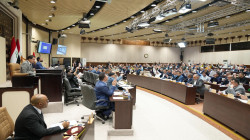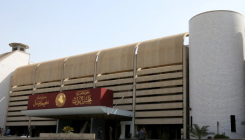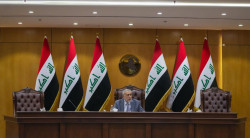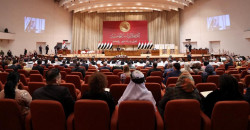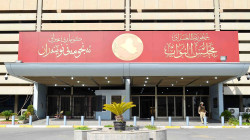Iraqi Parliament approves budget amendment amid boycott, legal disputes
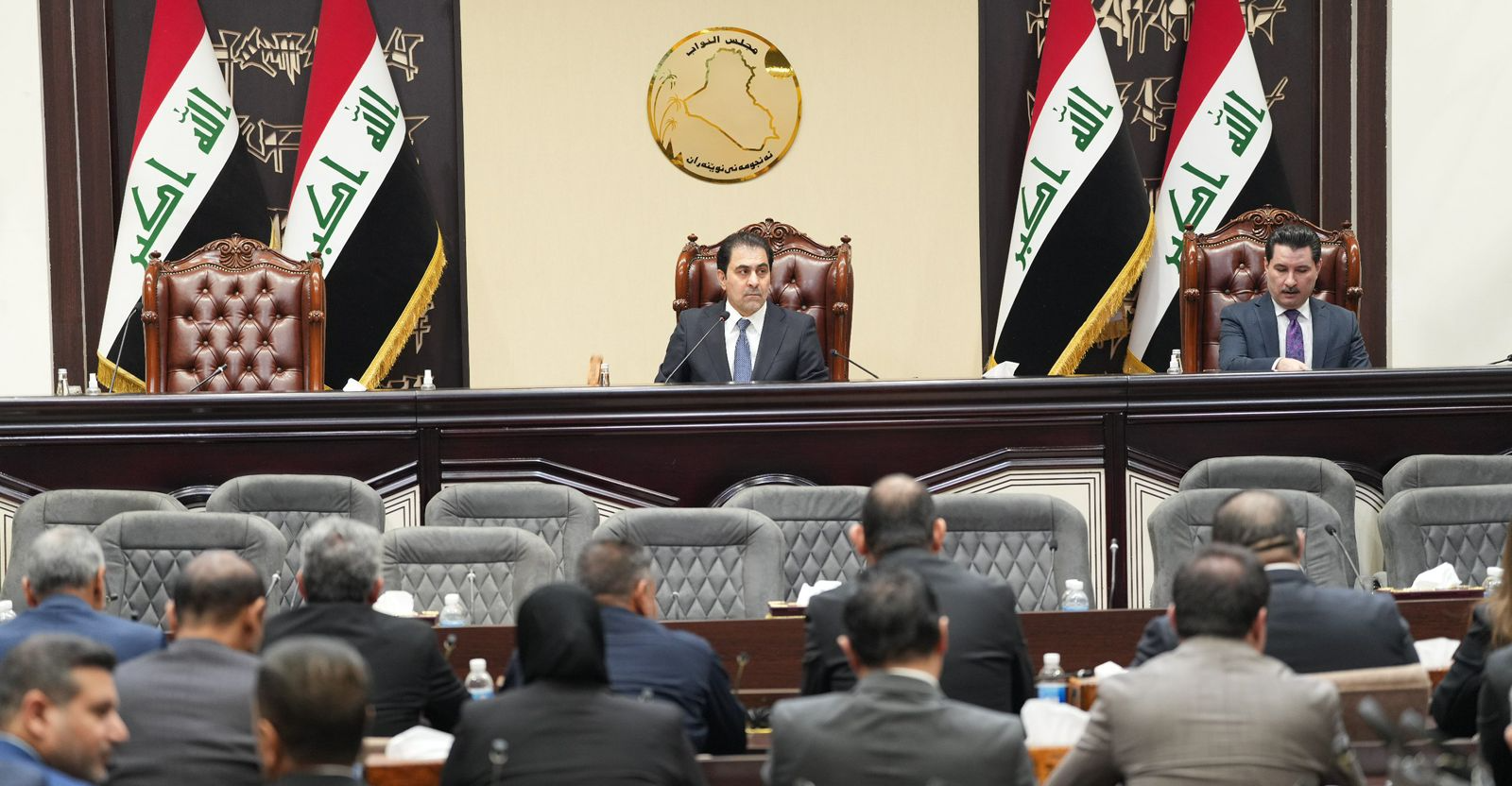
Shafaq News/ On Sunday, the Iraqi Parliament passed the first amendment to the Federal Budget Law for 2023-2025, despite a boycott by around 50 lawmakers representing central and southern provinces, and legal disputes over the session’s legitimacy.
The session, chaired by First Deputy Speaker Mohsen Al-Mandalawi, was attended by 176 MPs, though opposition lawmakers argue that “quorum was not met,” casting doubts on the vote’s constitutionality.
Boycotts and Disputes
Independent MP Ahmed Majid told Shafaq News that MPs representing central and southern provinces boycotted the session, describing the vote as a “violation of parliamentary regulations.”
“The number of MPs present did not exceed 140, meaning the quorum was not met,” Majid claimed, adding that opposition lawmakers intend to challenge the decision before the Federal Supreme Court.
MP Raed Al-Maliki reiterated concerns over the budget amendments during a press conference, saying, “We demand a joint financial management framework with the Kurdistan Regional Government (KRG), full transparency in oil contracts, and a review of key budget provisions, including Article 14 and the budget deficit.”
He emphasized that the bloc is concerned on “ensuring equitable financial allocations to the central and southern provinces and securing government funding for contracted companies working with local administrations.”
Agreement to Pass the Amendments
Despite opposition from the Central and Southern Front, the Shiite Coordination Framework (CF) confirmed that political factions had agreed to approve the amendments.
MP Mohammed Radi, a Coordination Framework member, told Shafaq News, “There is a clear parliamentary will to support the government’s efforts in resolving disputes with the Kurdistan Region,” adding that passing the amendment is “crucial to expediting the 2025 budget process, ensuring that reconstruction efforts and major projects remain on track.”
Key Amendments
The budget amendment changes policies on splitting oil revenues between Baghdad and Erbil, stipulating that the production and transportation costs of oil in the Kurdistan Region will be determined based on verified expenses by an advisory body, and if the federal and regional governments fail to reach an agreement on these costs, the Iraqi Ministry of Oil will appoint an independent party to determine them.
Previously, the Iraqi government had set oil extraction costs at $6 per barrel, a figure that KDP MP Jiay Timor criticized as “unrealistically low,” arguing that foreign companies operating in Kurdistan incur costs as high as $26 per barrel. Following negotiations, the amendment raised the costs to $16 per barrel.
Political and Legal Implications
Before departing for an official visit to Tehran, Parliament Speaker Mahmoud Al-Mashhadani announced that the budget amendments would be passed, even as tensions persist between Baghdad and Erbil, who are negotiating on resource management and fiscal policy.
Despite the boycott and planned legal challenges, parliamentary sources suggest that the vote will stand, and the government will continue its push to finalize budget allocations and advance economic planning for 2025.
